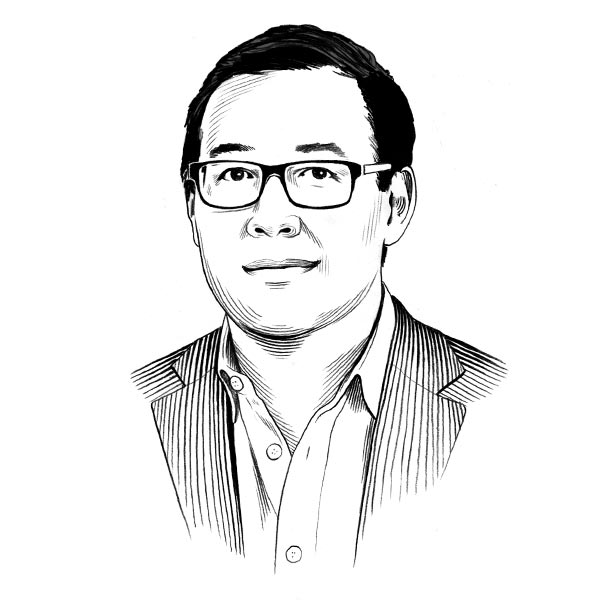
This month marks 10 years since Arowana first invested in education.
Our initial focus was on vocational education and training (VET). VET encompasses the cohort of students who do not pursue an academic-based higher education degree following completion of compulsory schooling. Instead, these students pursue more vocationally-focussed education commonly associated with trades and technical training. This is the world of accredited training, certificates, diplomas, TAFE, and registered training organisations (RTOs).
Of late however, we have expanded our focus to include professional education and training. This covers students who are already in the workforce but are seeking to reskill and/or upskill. This sector is about corporate training, short courses, certifications, and bootcamps.
Together, we call these vocational and professional education and training (VPET), and we have executed our investments in VPET through our education platform, EdventureCo.
As we have formed EdventureCo and worked closely with its leadership, we have gained a degree of insight into the VPET industry that we now wish to share through regular releases of data and insights. We hope that these snapshots provide a wider audience with a better understanding of our investment thesis, the VPET landscape and what the future may hold, particularly in a post-COVID-19 world.
To start things off, we have looked at some data and insights related to human capital. We focussed on two reports: one from Deloitte and the other from Citigroup. Both present data gathered pre-COVID-19, but in doing so, provide a base case that will be interesting to compare and contrast with future research. Notwithstanding the timing, their findings remain relevant.
We have started with human capital because this is where we think private education businesses should be focussed. Ultimately, their students enrol seeking some form of employment outcome, whether it is as a new career entrant seeking their first full-time job or an experienced worker seeking to reskill or upskill.
Human capital is also where the greatest disruption is being and will continue to be felt from the Fourth Industrial Revolution. Evolving work demands and skills requirements are creating an enormous demand for new skills and capabilities. Rapid and ongoing changes in the nature of work is modifying the relationship between learning and work, making them more integrated. Consequently, employees see education less as a phase of life and more as a lifelong endeavour, and are willing to participate even if they must pay for it. We hope you gain some new insights from this first release and look forward to sharing our further thoughts with you in the future.